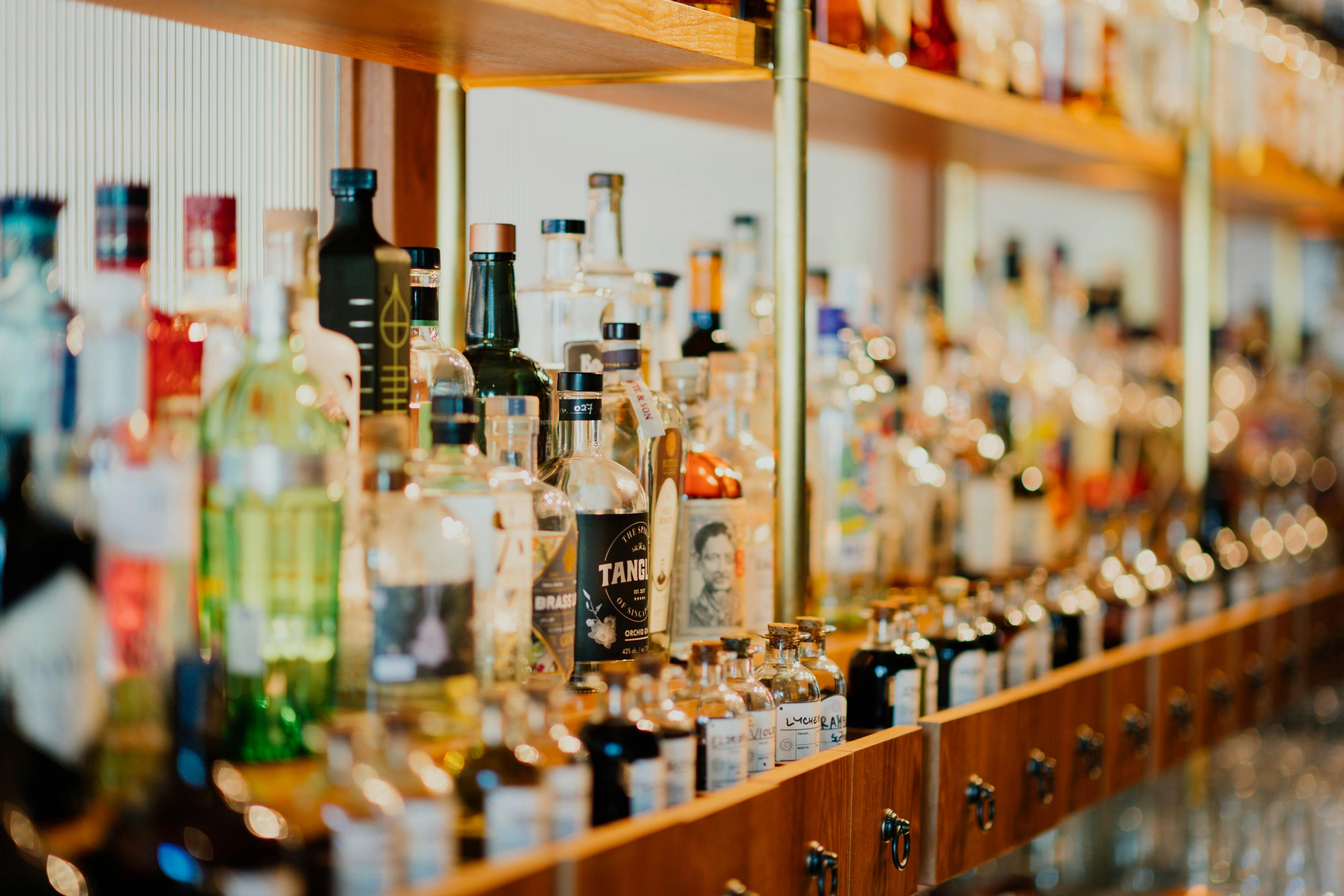
Canada's century-old debate about cross-provincial alcohol sales has continued into another year.
The Liquor Control Board of Ontario (LCBO) has their own set of rules that control the circulation of alcoholic beverages within the province. The Importation of Liquor Into Ontario regulation targets importation and states that any liquor sent into Ontario from another province or territory must be imported by the LCBO or authorized by them. In other words, liquor companies outside of the province are not allowed to sell directly to Ontario-based consumers without facing substantial fines.
By controlling alcohol importation, Ontario is eliminating many Canadian liquor companies from the equation. For instance, the LCBO is the only retail corporation for imported wine in Ontario. The LCBO offers wines from all over the world; however, trying to fit an abundance of varietals from numerous countries into a limited shelf space results in many wineries being excluded from the Ontario market.

The most viable solution for being exposed to more Canadian products that the LCBO does not have room to carry would be ordering wines online and having them shipped to your doorstep. Provinces like British Columbia, Saskatchewan, Manitoba and Nova Scotia all permit direct-to-consumer sales. Unfortunately, Ontario is not featured on this list of provinces due to the Importation of Liquor Into Ontario regulation.
Dan Albas, the Conservative MP for Central Okanagan-Similkameen-Nicola, created Bill C-260 in December 2020. This proposal intends to amend the Canada Post Corporation Act, informally known as the 'Buy, Sip and Ship' bill. In other words, the bill states that Canada Post will not deny cross-provincial "collection, transmission and delivery" services of beer, wine or spirits directly to the consumer.
Shortly after, a petition in support of Bill C-260 passing was formed at the House of Commons. In order for the petition to be certified and presented by Albas, 500 signatures were required. On Feb. 14, the petition closed and significantly surpassed the signature requirement, closing with 3565 signatures.
Canadians are still waiting to hear about a response to the proposed bill, as no further actions have yet been taken.

In the wake of the pandemic, Ontario has made several changes to support the provincial liquor industry. In December 2020, the provincial government permanently permitted restaurants, bars and third-party services to deliver alcohol through takeout orders. Grocery stores and liquor manufacturer retail stores are also temporarily permitted to sell alcoholic products.
However, these new rules have created problems for small businesses. Contract producers of beer, cider and distilled spirits are licensed by the Alcohol and Gaming Commission of Ontario (AGCO) but do not have a physical brewery or store. The AGCO administered a policy that states producers are required to have a pre-existing physical establishment to be authorized for online sales. This means that Ontario residents have no way of ordering about 1,000 different products from small alcohol producers in Ontario. The Independent Craft Producers of Ontario (ICPO) are requesting that the government reconsiders this decision so that their businesses can survive the pandemic.
With the increased reliance on home delivery services due to the COVID-19 pandemic, reciprocal alcohol trade is needed now more than ever.
"Removing barriers to trade between provinces and territories fosters economic growth, reduces the regulatory burden on our small and medium-sized businesses and creates good, middle-class jobs across the country," said Dominic LeBlanc, Minister of Intergovernmental and Northern Affairs and Internal Trade, in a press release.










